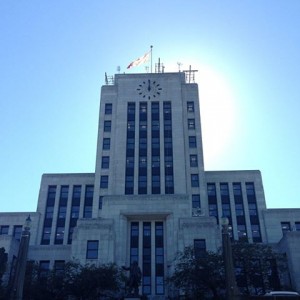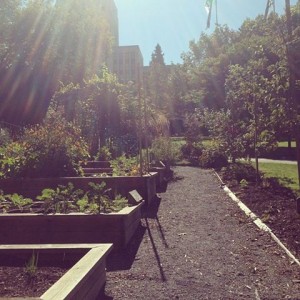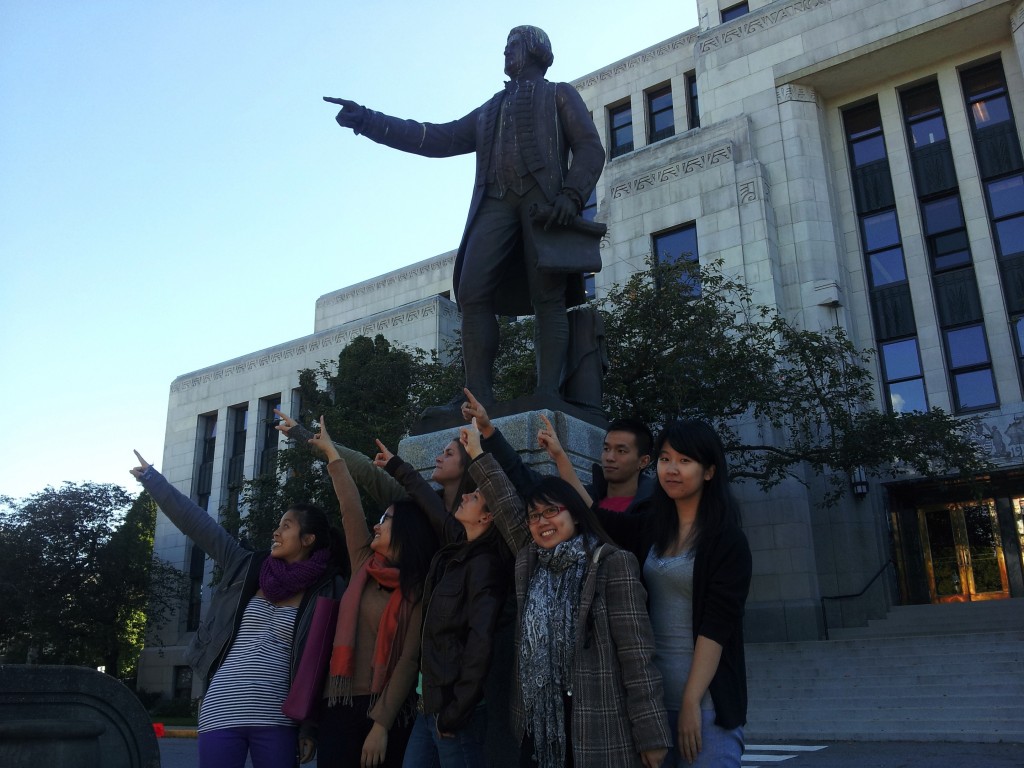We had our proposal presentation last week, which was a great opportunity for the groups to understand each other’s project in detail, especially because we have three groups working as the different sections under the same food recovery and redistribution project. At the very beginning of the course, we always got confused by these three projects, wondering if we are doing similar thing. As we listened to our peer groups demonstrating their proposal and methods, we figured out the linkage and difference between these three projects. The presentation, as we see, was a great motivation for us to get clear understanding of our goals and methods, and express our ideas in a passionate way. It also served as the platform for information and thoughts sharing. It was helpful to hear comments and suggestions from the groups regarding our potential obstacles and how we might overcome them. Besides, it is always inspiring to hear people talking about their own experience and opinions on our food systems. Knowing that we are actually concerned about the same issues, share the same feelings and will be working together to achieve the same goal is motivating. It makes us appreciate getting involved with CBEL projects.
Speaking of our project, we have confirmed our research scope with our community partner to develop a whole list of potential donors and recipients in Vancouver area. Also as suggested by our teaching team, we modified our research theme by combining several questions into a core one. Moreover, we got a lot of useful feedback from our peer groups in the presentation. We are hoping to get the chance to cooperate with group three to contact the food generators and see the barriers from the donor side. Our peer groups also pointed out the importance of research ethics such as informed consent when we are conducting our site investigation. With all these new approaches in mind, we came up with our final written proposal. Now we have distributed the work to individuals and started literature research. Following the work plan and procedure, we will keep going!



